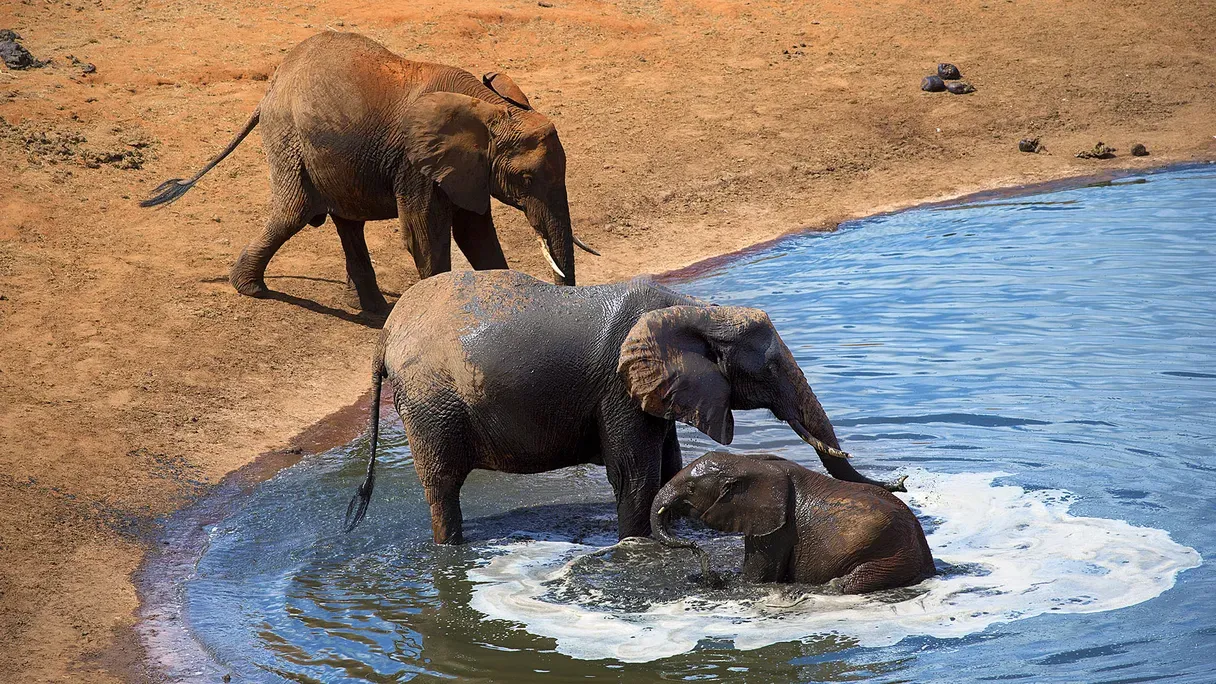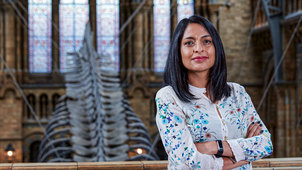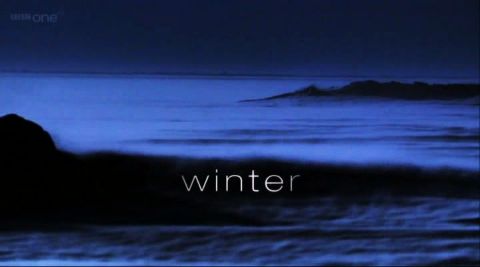A Life Among Monkeys • 2018
The jungles of the sacred city of Polonnaruwa in Sri Lanka are home to 33 identified troops of toque macaques and one man. This is the extraordinary story of Dr. Wolfgang Dittus, a scientist from the Smithsonian Institution who, over decades, has tracked and documented the lives of thousands of monkeys, revealing a complex society that is in many ways like our own. His journey is captured through his own words, footage he's taken over the course of 50 years, and his interactions with the scrappy, cheeky monkeys he's dedicated his life to.
Make a donation
Buy a brother a hot coffee? Or a cold beer?
Hope you're finding these documentaries fascinating and eye-opening. It's just me, working hard behind the scenes to bring you this enriching content.
Running and maintaining a website like this takes time and resources. That's why I'm reaching out to you. If you appreciate what I do and would like to support my efforts, would you consider "buying me a coffee"?
Donation addresses
BTC: bc1q8ldskxh4x9qnddhcrgcun8rtvddeldm2a07r2v
ETH: 0x5CCAAA1afc5c5D814129d99277dDb5A979672116
With your donation through , you can show your appreciation and help me keep this project going. Every contribution, no matter how small, makes a significant impact. It goes directly towards covering server costs.





